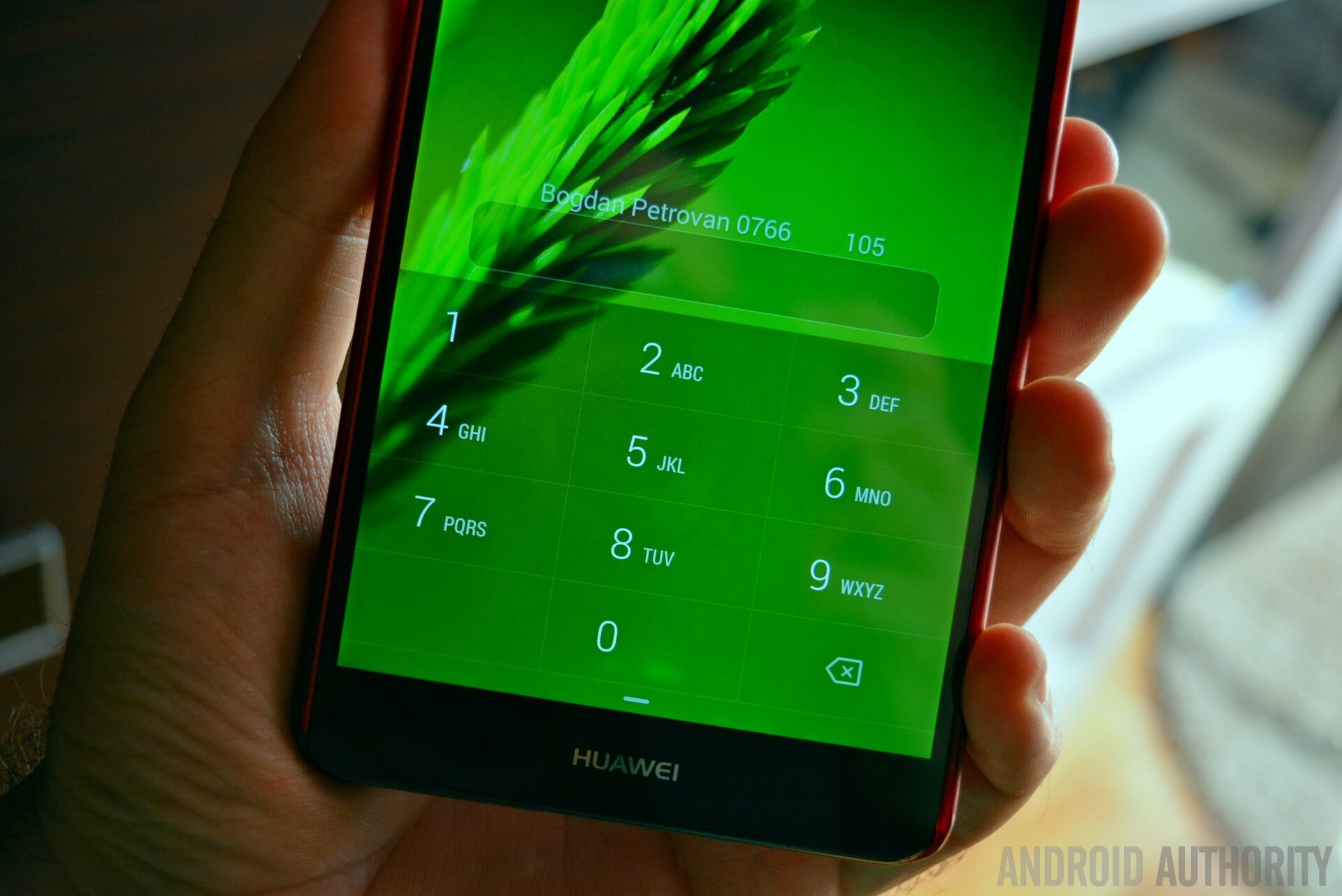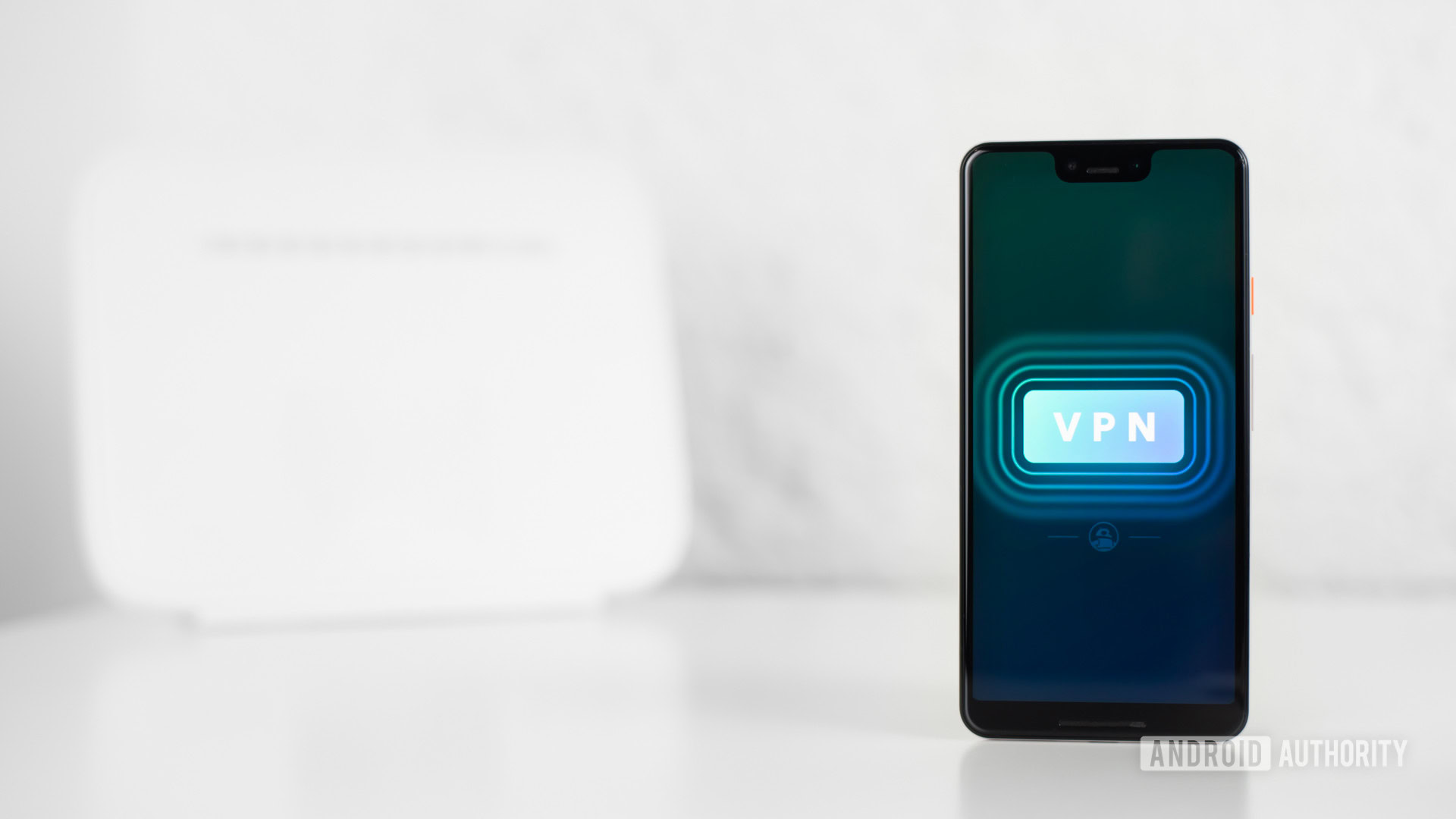Affiliate links on Android Authority may earn us a commission. Learn more.
Snooper's Charter: What you need to know about the UK's new surveillance laws

The Investigatory Powers Act 2016, known colloquially as the Snooper’s Charter, is the UK’s new surveillance scheme which grants more power to police and other services to investigate online activity. The legislation was recently passed by the House of Lords and House of Commons, and is now legally binding, despite criticism that it would undermine the population’s right to privacy. Below are some key details about the bill.
What is the Snooper’s Charter?
The Snooper’s Charter is a UK surveillance initiative which provides more authority to government departments to investigate greater amounts of online data.
The legislation stipulates that internet providers and phone companies must collect and store customer browsing data for 12 months and allow police and other authorities to access it. This would involve internet service providers holding records of when, where and which websites have been accessed, and by whom.
Additionally, security services and the police will be granted further power to hack into individuals’ computers and phones, including the ability to download information, and install software to trace individual characters typed, if provided with a warrant.
How will the Snooper’s Charter affect me?
In terms of day-to-day online experience, the Snooper’s Charter is unlikely to affect how the internet is used and online content consumed. To be clear, that is not to say that the changes won’t have a far-reaching impact, only that those using the internet are unlikely to encounter a difference in how it operates.
The key impact it will have on UK citizens is their loss of privacy. While the legislation doesn’t allow the government to access the content of individual messages sent or web pages accessed, it does provide access to the metadata, which many argue can still be used to identify details about a person’s private life.
Additionally, it’s said that security services could be called upon to hack an individual’s phone to eavesdrop on conversations and that attempts could be made to decrypt encrypted messages, in special cases. The individual wouldn’t necessarily have to be suspected of criminal activity for this to occur either.

Can I avoid the surveillance measures?
Using a private VPN network will put a step between you and others who may attempt to monitor your online activity (government bodies or otherwise) – but none of the commercial VPNs available are truly anonymous and untraceable. Likewise, anonymity network Tor is often recommended as a free way to keep your online activity private, however, there are still questions over how secure this is also.
Should the government wish to investigate an individual it may be difficult for them to avoid complete scrutiny simply through use of a service like Tor or a VPN – but these are likely the best options for now. It also bears noting that visitors to the UK will also be affected, as roaming data will also be logged and recorded because it occurs on local networks.
How have people responded to the Snooper’s Charter?
Tim Berners-Lee, founder of the world wide web, said that the Snooper’s Charter has “No place in a modern democracy – it undermines our fundamental rights online,” while NSA whistleblower Edward Snowden decried it as “The most intrusive and least accountable surveillance regime in the West.”
In its defence, UK Home Secretary Amber Rudd said: “The government is clear that, at a time of heightened security threat, it is essential our law enforcement and security and intelligence services have the power they need to keep people safe. The internet presents new opportunities for terrorists and we must ensure we have the capabilities to confront this challenge. But it is also right that these powers are subject to strict safeguards and rigorous oversight.”
As of the time of writing, an online petition to repeal the law has accrued more than 150,000 signatures.
When will the Snooper’s Charter come into effect?
The previous bill, the Data Retention and Investigatory Powers Act 2014 (DRIPA), must first be replaced and the Home Office has stated that some of the provisions in the bill will require extensive testing. The new Investigatory Powers Act likely won’t come into full effect until 2017.
What are your thoughts on the Snooper’s Charter? Is it a necessary security measure in the modern age or an abuse of privacy and freedom? Give us your thoughts in the comments.